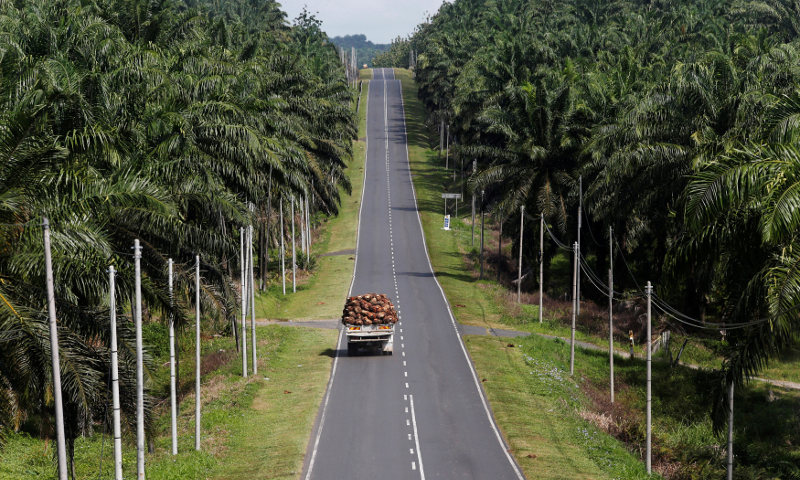KUALA LUMPUR, March 4 — Sime Darby Plantation Bhd (SDP) sees its downstream business’ contribution to bottom line to increase to 25 per cent in the next three to four years with the setting up of new subsidiary, Sime Darby Oils Sdn Bhd (SDO).
Chief operating officer Mohd Haris Mohd Arshad said in the long term, the aim was to significantly contribute to SDP’s profits, in a move to grow its business beyond plantation.
He said with the launch, SDO would now represent the entire downstream division of SDP spanning across 16 countries and involving manufacturing, sales and marketing.
“If crude palm oil (CPO) continued to be buoyant, the downstream contribution will probably range 20-25 per cent,” he told a media conference before the launch of the new entity today by Primary Industries Minister, Teresa Kok Suh Sim.
Currently, upstream business contributed the majority (80 per cent) of SDP’s bottom line, followed by downstream at 20 per cent.
Mohd Haris said major acquisitions were also needed to boost its refinery capacity and reach.
Hence, he said, the company was now in talks with a potential partner to set up a new facility in India while looking to penetrate Indonesia’s domestic market, tapping on its existing facility in Kalimantan.
“Indonesia is a market we are familiar with but we are not focusing on the domestic market; it’s mostly for the export market,” he said.
Overall, the company has global network facilities in eight countries—Malaysia, Indonesia, China, Netherlands, United Kingdom, South Africa, Thailand and Papua New Guinea, producing oil and fat products, palm-based biodiesel, nutraceuticals and other derivatives.
In total, these facilities produce 3.8 million tonnes of refined products annually, mainly from palm oil.
He said SDP, which is the largest producer of certified sustainable palm oil (CSPO), produced 2.46 million tonnes of the commodity a year.
Armed with the tag line “Realising Possibilities, Together”, SDO will be focusing on four to five key segments of downstream business such as frying oil, bakery, spreads, special ingredients as well as animal nutrition and feeds.
Mohd Haris said its cooking oil in Thailand under the brand Morakot (Emerald), which was mainly sold to businesses, was ranked number one in the country, while Malaysia’s Alif cooking oil was among the top three brands in the business-to-business side.
“Meanwhile, our spreads were strongly received in developed markets such as Europe and South Africa,” he added.
Head of Europe, Middle East and Africa, Andrew Timothy Worrall, said the European Union’s attempt to cut palm oil use was not a worry for its downstream business.
“Our position is to drive up the need of very high standard of sustainability and give customers what they want.
“So I don’t think we necessarily worry for the downstream business,” he said.
Meanwhile, Kok in her speech said the move to strengthen downstream activities and diversify the use of oils and fats would further propel the growth of the palm oil industry.
“Malaysia will continue to promote our palm oil industry, champion it and defend it.
“Palm oil dominates the overall use of oils and fats globally due to its nutritious quality, functionally and cost-competitiveness,” she said.
Hence, the minister said, the government was committed to implement the Malaysian Sustainable Palm Oil (MSPO) certification that would become mandatory from Jan 1, 2020.
“I would like to commend SDP for supporting the government’s initiative to raise the sustainability standards of the nation’s palm oil industry by becoming the largest producer of certified MSPO and achieving 100 per cent MSPO certification across its 124 estates and 33 mills nationwide,” she said.
Such a move, Kok said, was expected to help strengthen CPO prices due to the increasing demand for sustainable oils and fats products.
As one of the largest producers and exporters of palm oil, Malaysia contributes 27 per cent to the world production and 33 per cent to total palm oil exports.
In 2018, the palm oil industry contributed 4.5 per cent or RM55.1 billion of the country’s gross development product. — Bernama






















